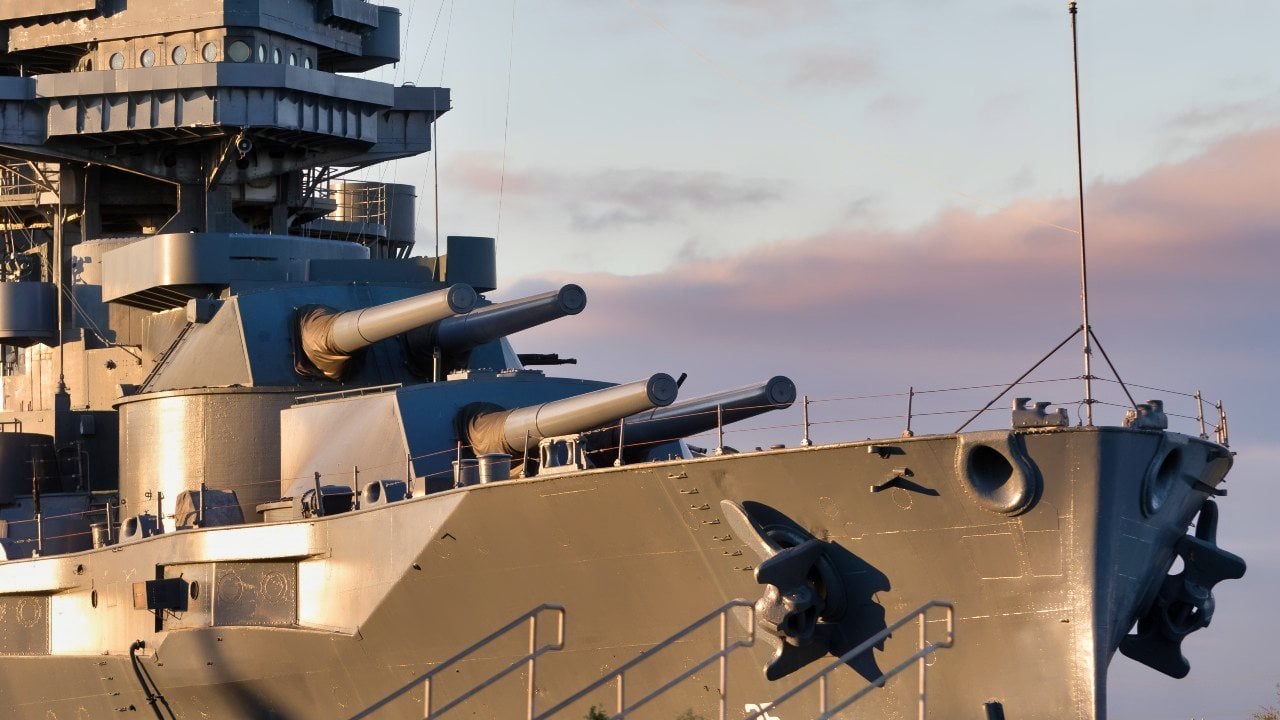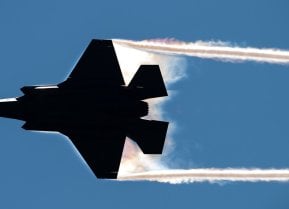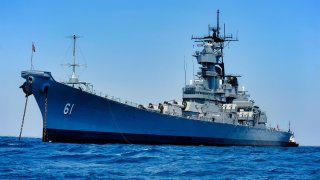Iowa-Class Battleship Comeback? The Stupid Idea That Won't Ever Go Away
The idea of seeing the United States Navy's Iowa-class battleships return to active service is appealing to military history enthusiasts, but it's unlikely to happen.
The Big Battleship Reboot? The idea of seeing the United States Navy's Iowa-class battleships return to active service is appealing to military history enthusiasts, but it's unlikely to happen.
It Won't Happen: Despite being preserved for potential reactivation, these massive warships face significant obstacles, including the lack of spare parts, outdated technology, and the vulnerabilities they would face against modern weaponry.
Nope, Sorry: Additionally, the extensive maintenance required to keep these ships as museums highlights the challenges of reactivating them.
The Navy's focus has shifted to smaller, more mobile vessels, making the dream of seeing these battleships steam out to sea again a romantic but unrealistic notion.
For military history buffs, there is no doubt something romantic about the notion of seeing the United States Navy's "big gun" fast-battleships steaming out to sea again.
It is true that all four of the warships of the Iowa-class, the largest battleships ever built in the United States, were preserved intact so that they'd be able to return to duty.
There is occasionally still talk about seeing them back in active service.
However, such dreams aren't like to come true – and not just because smaller and more mobile guided-missile destroyers can do the job of shore bombardment better.
While described as "fast battleships," the Navy's warships would require massive crews and would simply be inviting targets in the era of hypersonic missiles and stealth aircraft.
It would likely require a significant makeover, and the United States currently lacks the naval facilities to even take on such a refit.
Battleships and Preserving History
Today, eight retired U.S. Navy battleships have been maintained as some of the nation's most impressive floating museums. In addition to the role each played in service of the country in wartime, the retired vessels share a similar story – the elements have taken a drastic toll on those once majestic vessels.

The USS Texas is currently undergoing repairs as her hull is leaking, while significant restorations were required to save the South Dakota-class USS Massachusetts. A special cofferdam was even required to preserve USS North Carolina, another South Dakota-class battleship built just prior to United States' entry into World War II.
The four Iowa-class battlewagons are generally considered to be in better condition, but USS New Jersey recently underwent the first major replacement of its wood decks in decades. Time continues to be the greatest enemy these warships have faced, and with each passing year, any effort to return them would be a massive undertaking.
There is another issue that would likely keep any Iowa-class battleships from seeing them returned to service – a lack of spare parts.
Warships require specialized components and to maintain the Battleship New Jersey museum, volunteers have had to head over to the nearby Inactive Fleet at the Philadelphia Navy Yard to scavenge what they can find.
Then there is the fact that the Navy has continued to dispose of equipment it doesn't need.
Author Expertise
Peter Suciu is a Michigan-based writer who has contributed to more than four dozen magazines, newspapers and websites. He regularly writes about military hardware, and is the author of several books on military headgear including A Gallery of Military Headdress, which is available on Amazon.com. Peter is also a Contributing Writer for Forbes.
Main image is Shutterstock. All others are Creative Commons.


